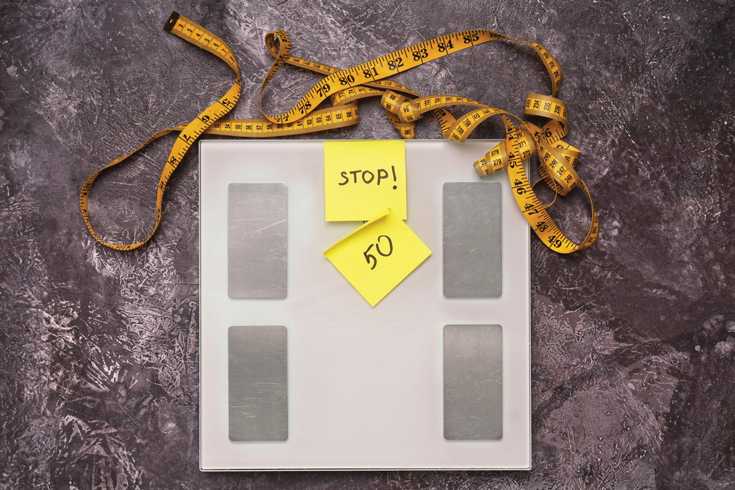Losing weight can be a difficult and frustrating journey, especially with the abundance of fad diets and weight loss products on the market. However, there are a few tried and true tips that have been proven to be effective in promoting healthy and sustainable weight loss. In this article, we share 10 tips for weight loss that actually work and can help you achieve your weight loss goals.

1. Set Realistic Goals
The first step in achieving weight loss success is to set realistic goals. Setting goals that are specific, measurable, and time-bound can help you stay focused and motivated throughout your weight loss journey. It is important to keep in mind that losing weight is a gradual process that requires patience and consistency. Take baby steps and set small achievable goals that are realistic for your lifestyle and fitness level.
2. Create a Calorie Deficit
Weight loss is achieved by creating a calorie deficit, which means you need to burn more calories than you consume. To do this, focus on eating a balanced diet that is rich in whole foods, and reduce your intake of processed and sugary foods. Eating more protein and fibre can help keep you feeling full and satisfied, and reduce your overall calorie intake.
3. Drink More Water
Drinking more water can help you feel full and reduce your overall calorie intake. Aim to drink at least 8-10 glasses of water per day, and replace sugary drinks with water or herbal tea. Drinking water at least an hour before meals can also help reduce your appetite and prevent overeating. But don’t consume too much water just before eating or while having your meal as this can affect your digestion.
4. Exercise Regularly
Regular exercise is essential for weight loss and overall health. Aim to exercise for at least 30 minutes per day, five days per week. Choose activities that you enjoy and that fit your fitness level, such as walking, jogging, cycling, or swimming. Strength training can also help build muscle and boost your metabolism.
5. Get Enough Sleep
Getting enough sleep is crucial for weight loss success. Lack of sleep can disrupt hormones that regulate hunger and appetite, leading to increased cravings and overeating. Aim to get at least 7-8 hours of sleep per night, and practise good sleep practices, such as avoiding screen-time on your mobile phone or tablet before bedtime, and keeping your bedroom cool and dark. This will reduce mental activity, help regulate your body temperature and promote melatonin production for optimal sleep.
6. Practise Mindful Eating
Mindful eating involves paying attention to your food and eating habits, and can help you make healthier choices and reduce overeating. Take time to savour your food, eat slowly, and pay attention to your hunger and fullness cues. Avoid distractions such as screens or work while eating, and try to eat in a calm and peaceful environment.
7. Shorten Your Eating Window
Shortening the eating window, also known as time-restricted feeding, can help with weight loss by reducing overall calorie intake and improving metabolic function. When you have a shorter eating window, it can be easier to avoid snacking and late-night eating, which can contribute to weight gain. By restricting your eating to a set time frame, you may find that you naturally consume fewer calories overall.

8. Find Support
Having a support system can be essential for weight loss success. Joining a weight loss group, working with a personal trainer, or finding a workout buddy can help keep you motivated and accountable. Surround yourself with positive and supportive people who encourage and inspire you.

9. Practice Self-Care
Self-care is important for overall health and can also help support weight loss efforts. Stress and poor mental health can lead to overeating and weight gain, so reducing stress through self-care activities such as yoga, or spending time in nature can help prevent overeating and support weight loss. Make time for activities that you enjoy, it can also be something simple like a hot soak in your bathtub or getting pampered at the spa. Take care of your mental health by practising stress-reducing activities such as meditation or deep breathing exercises.
10. Be Patient and Persistent
Finally, remember that weight loss is a gradual process that requires patience and persistence. Don’t get discouraged by setbacks or slow progress, and celebrate small victories along the way. Focus on making sustainable lifestyle changes that you can maintain over the long-term, rather than quick fixes or crash diets.
The bottom line is, there are many tips and strategies that can help support healthy and sustainable weight loss. Remember to focus on making sustainable lifestyle changes that you can maintain over the long-term. With dedication, commitment, and a positive attitude, you can surely achieve the healthy and happy lifestyle that you desire!


